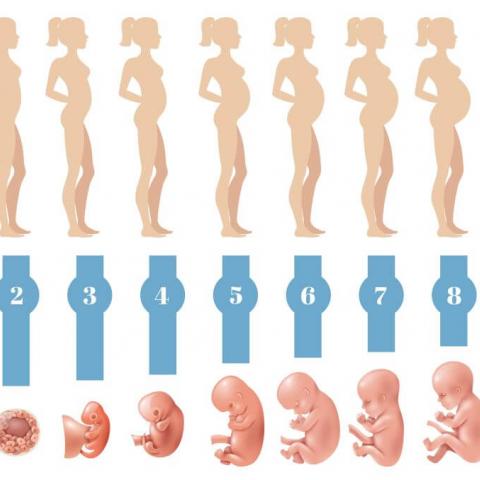Wiki: Pedia
<p>Wikis are websites built for collaborative authoring, allowing numerous contributors to add, edit, and structure content online.
Wikis prioritize ease of use and openness: pages can be added or changed without technical expertise, and most track every edit so changes can be reviewed or undone.
Main features
- **Collaborative editing:** Several contributors can edit pages, sometimes at the same time.
- **Edit history:** Every modification is recorded with a timestamp and the editor’s identity or IP address.
- **Interlinking:** Links between pages are simple to create, helping build connected content.
- **Lightweight markup:** Formatting is usually handled by lightweight markup languages (e.g., WikiText or Markdown).
- **Permission settings:** Access controls vary — from fully open editing to permissions for certain users or groups.
- **Discussion pages:** Separate talk pages allow contributors to discuss edits and structure.
Common uses
- Community-driven knowledge bases (for example, Wikipedia)
- Project documentation and internal company knowledge repositories
- Group writing and collaborative note-taking
- Educational and classroom projects
Benefits
- **Fast collaboration:** Many people can collaborate and iterate quickly on content.
- **Openness:** Visibility into edits and discussions shows how decisions were reached.
- **Expandable:** They scale organically as users add more pages and topics.
Drawbacks
- **Vandalism and false information:** Open editing may allow intentional or accidental inaccuracies.
- **Inconsistent quality:** Content quality may vary widely between pages.
- **Organizational issues:** Poor coordination or governance can cause content fragmentation and disputes.
Notable example
- **Wikipedia** — the largest example, maintained by the Wikimedia Foundation and contributed to by volunteers worldwide.</p>






















